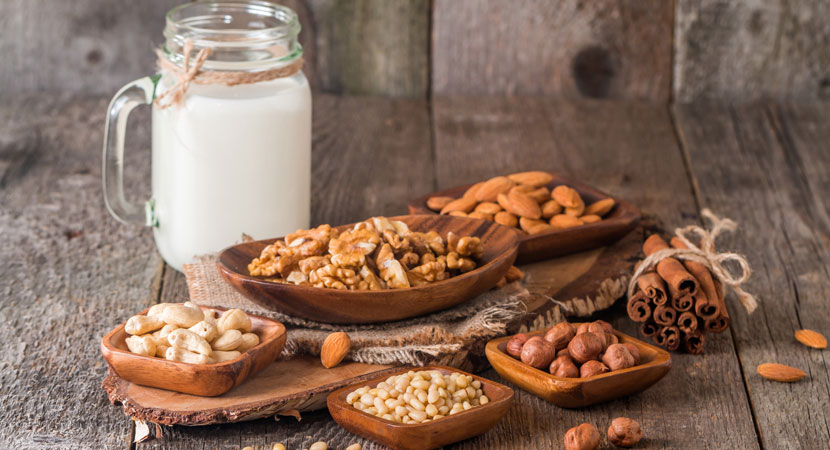All You Need to know about Protein

Bodybuilders aren’t the only ones who need lots of protein in their diet. No matter what your fitness level is, your survival depends on proteins, to support metabolic function, proper digestion, weight management, muscle growth and repair, endurance, performance, mental agility, and helps you feel satisfied longer.
The protein wars seem to be in full swing from animal-based protein (casein, whey and egg) to plant-based protein (rice, pea, hemp, moringa, and spirulina). Here’s a guide to help you find your perfect protein match:
Plant Proteins
- These are sources of protein for vegans/vegetarians and are easily digestible as they are rich in fiber and digestive enzymes.
- Plant proteins provide key nutrients vitamins/minerals/omega3, including B vitamins, calcium, iodine, iron, selenium, and zinc.
- These are also kidney friendly and free from saturated fats and refined sugars.
- These are hypoallergenic, hormone-free, helps reduce the appetite /blood pressure, improves immunity and skin health.
- Plant proteins are sources of quality proteins rich in 9 essential amino acids when complemented (for example: peas and rice.
- Plant proteins are aid in promoting muscle strength and recovery post workout and can be an essential part of a detox program.
Whey Proteins
- These taste better than some veggie proteins and are rich in all 9 essential amino acids, including: histidine, isoleucine, leucine, lysine, methionine, phenylalanine, threonine, tryptophan, and valine.
- As whey proteins are higher in Branched Chain Amino Acids (BCAAs) – (leucine, isoleucine, and valine) these stimulate muscle growth and maintenance.
- These are high in cysteine, a key precursor to glutathione, a powerful detoxifier and antioxidant.
- These are low on galactose/casein and IGF1.
- As these are mainly composed of lean protein, whey proteins are ideal for muscle building and recovery.
- These may trigger disturbed indigestion for those with intolerances.
These may contain hormones/antibiotics/additives and trigger sensitivity in individuals with dairy sensitivity and allergy. - May contain saturated fats.
Ultimately, the choice is up to you; there are PROs and CONs to consuming either type of protein, but it really depends on personal preference and individual tolerability to pick the best suited one for you.
(Credit: Nathalie Djabrayan, Licensed Clinical Dietitian at Djabrayan Chiropractic Care & Diet Center)








Good read, thank you! There are so many protein drinks out there, I recently switched to a vegan protein shake, early stages for me to see results.